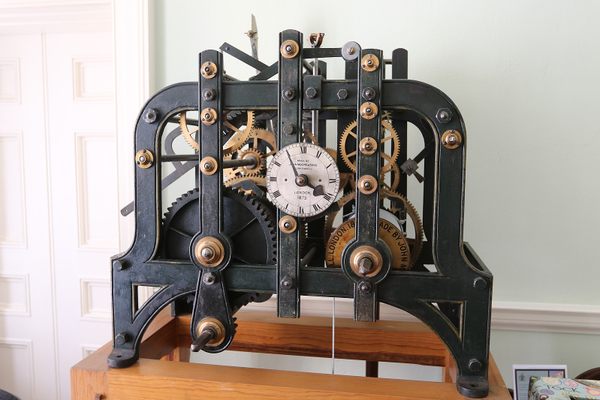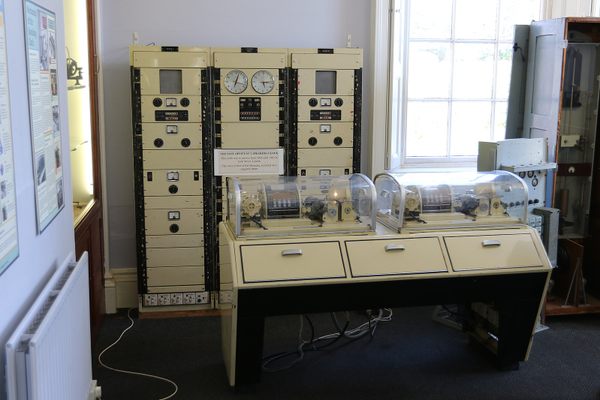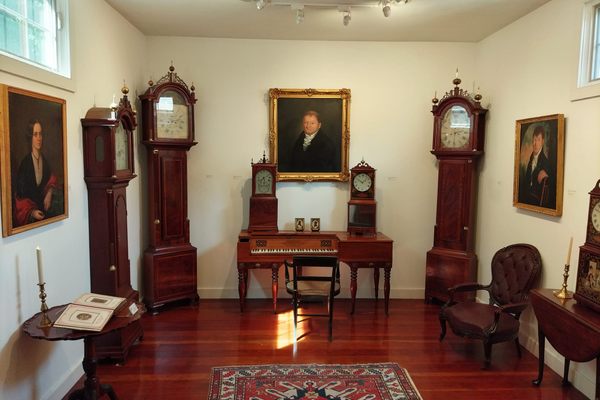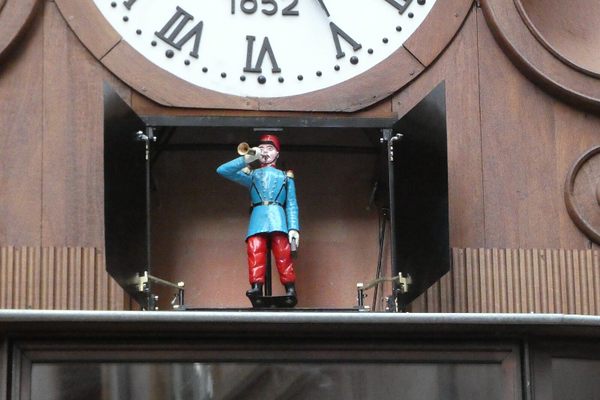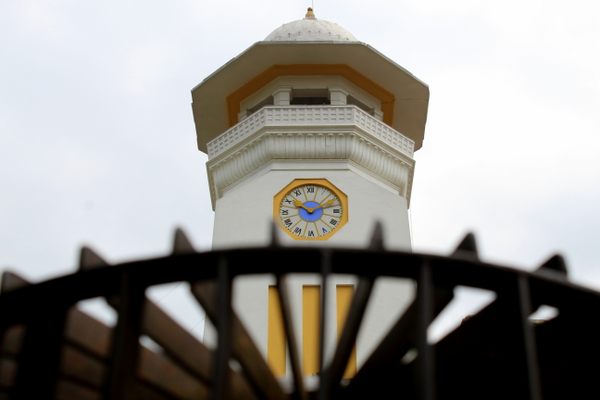About
The grandly named British Horological Institute opened its volunteer-run Museum of Timekeeping in 1994. The institute, which has been around since 1858, decamped to the small rural village of Upton, in Nottinghamshire, in 1979, when it took over Upton Hall, a beautiful and vacant 19th-century mansion.
Today, the institute educates and accredits a new generation of skilled craftspeople, keeping the enviable artistic and technical skills of clock and watchmaking ticking along into the 21st century.
The collection on public display at the institute's Museum of Timekeeping range from delicate watches to the most massive municipal chimes. Highlights include the weathered watch that once belonged to the ill-fated polar explorer Robert Falcon Scott, and an extraordinary assortment of historic turret clocks. These impressive mechanical wonders once graced public buildings and were of particular societal importance before the advent of personal timepieces.
One of the museum’s proudest artifacts is the original ‘speaking clock,’ a monstrous machine that played a crisply annunciated recorded message of the correct current time to anyone who cared to dial a specific telephone number.
Related Tags
Know Before You Go
Visitors to the volunteer-run museum have to be timely due to its limited opening hours of 11 a.m. to 3 p.m. on Fridays during summer months. The museum is, however, often open at other times for special events.
Upton can be reached by number 29 buses bound for Southwell from Newark-on-Trent, which is on the main railway line between London and Edinburgh. The Hall is set back from the main road, but there is little chance you will miss the signs that advertise its presence.
Published
June 13, 2018
